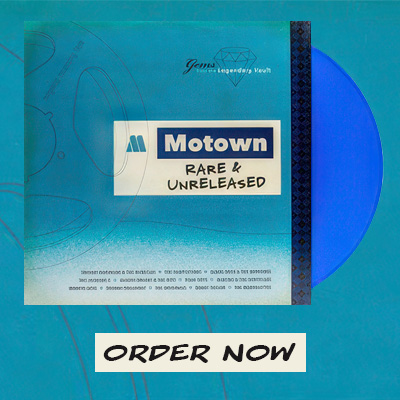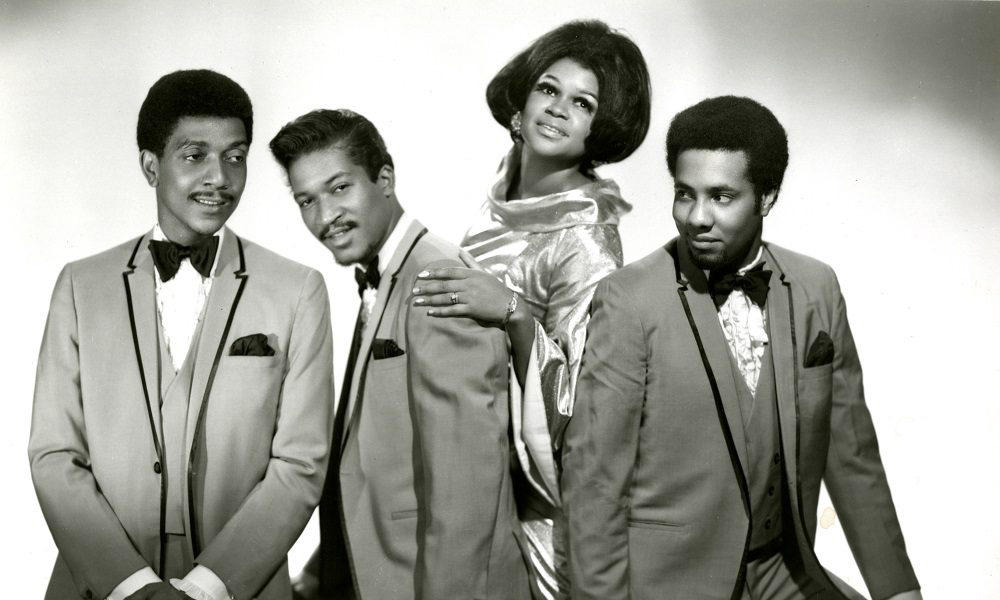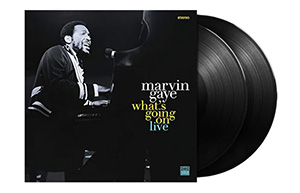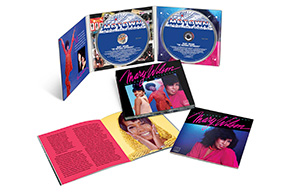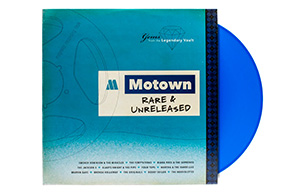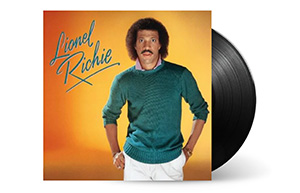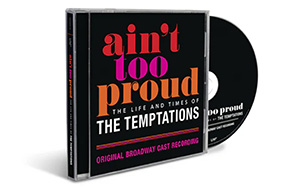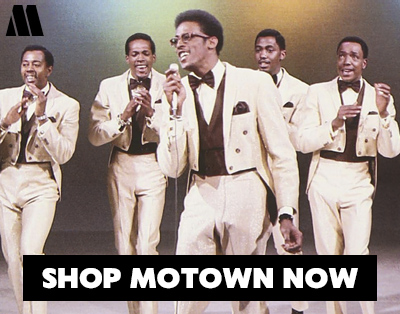The Monitors
During the mid-Sixties, the most bountiful period for Motown, the talented Monitors recorded solid material and hit the charts twice, but got lost amid all the greatness, only finding their audience long after they had disbanded.
FAST FACTS:
- Biggest Hit: “Greetings (This Is Uncle Sam)”
- First Hit: “Say You”
- Biggest Album: Greetings! We’re The Monitors
- Career Highlight: Emerging as a sensational live local act in Detroit, the Monitors score a weekly engagement at Swan’s Paradise Lounge on Grand River Avenue every Thursday through Sunday whenever they are not on the road. It lasts for many years. Cal Street of the Velvelettes, who marries Monitors lead singer Richard Street, later recalls to Susan Whitall of The Detroit News, “People who used to go to Swan’s, they will remember the kind of shows the Monitors put on there every weekend.”
- The Monitors were long in the making. In the early 1960s, Richard Street – a member of the Distants in the late ‘50s with school friends and future Temptations Otis Williams and Melvin Franklin – joins the new label Thelma Records as both the the A&R director and an occasional recording artist, first leading a new version of the Distants and then a group called the Majestics. Street soon moves to Motown taking a job in the Quality Control Department, writing songs, producing and doing studio work. The Majestics, who include Warren Harris and the husband-wife duo of John “Maurice” Fagin and his spouse Sandra, soon follow Street to Motown. The four record a few tracks that remain in the vault.
- The Majestics continue recording without a release until they take on “Say You,” a track intended first for the Four Tops and then the Spinners, in mid-1965. It becomes the A-side of their first V.I.P. single, but it is quickly withdrawn when Motown realizes a West Coast group named the Majestics has been releasing singles. The single is re-issued with a new name on the label: The Monitors. It reaches Number 38 on the R&B chart. The same track is used shortly after by the Temptations, who record their own popular version of “Say You” for their Gettin’ Ready LP.
- As the Vietnam War escalates in early 1966 and more servicemen are drafted, Motown dusts off its 1961 hit “Greetings (This Is Uncle Sam),” originally by the Valadiers, for its current roster. The Isley Brothers take a crack at it (it remains unreleased until 1972) and so do the Monitors, for whom it is the A-side of their second single, with Motown engineer Lawrence Horn playing drill sergeant barking orders as the group harmonizes. Street later tells Motown historian Keith Hughes that military personnel “loved that song” and “would stand up and applaud forever,” when the group performed it, adding, “We went all over the world with that song.” Peaking at Number 21 on the R&B charts and just sliding into the Top 100 on the Pop chart, it was their biggest record. The rocking fan favorite “Number One In Your Heart” sat on the B-side.
- Street and Harris share writing credit with Harvey Fuqua and Johnny Bristol on the third Monitors V.I.P. single, “Since I Lost You,” which is released in November 1966, but does not crack the charts.
- Another strong Monitors single, “Bring Back The Love,” featuring Street at his best, is issued on V.I.P. in April 1968 but gets little attention.
- “Step By Step (Hand In Hand)”/ “Time Is Passing By,” released August 1968 on the Soul label, is their final 45. The group’s only Motown album, Greetings! We’re The Monitors, collected most of their previously released material and additional tracks and was issued on Soul in October 1968.
- The group continues to record but the absence of new releases, plus the Temptations’ recruiting of Street in 1969 to occasionally substitute for – and eventually replace – Paul Williams, leads to the break-up of the Monitors in 1971.
- Although none of the Monitor’s singles appears in Great Britain at the time of their release and their LP is an extreme rarity, the advent of the Northern Soul scene and the explosive popularity of all things Motown lead British fans to discover the group’s output and add them to their list of favorites from Detroit.
- A new version of the Monitors forms in 1980 with Harris and Maurice Fagin, which records an album for the Motorcity label.
- Ace Records, through its Kent imprint, releases in June 2007 Say You: The Motown Anthology 1963-1968, a CD compilation featuring LP tracks, B-sides and 11 previously unreleased recordings.




